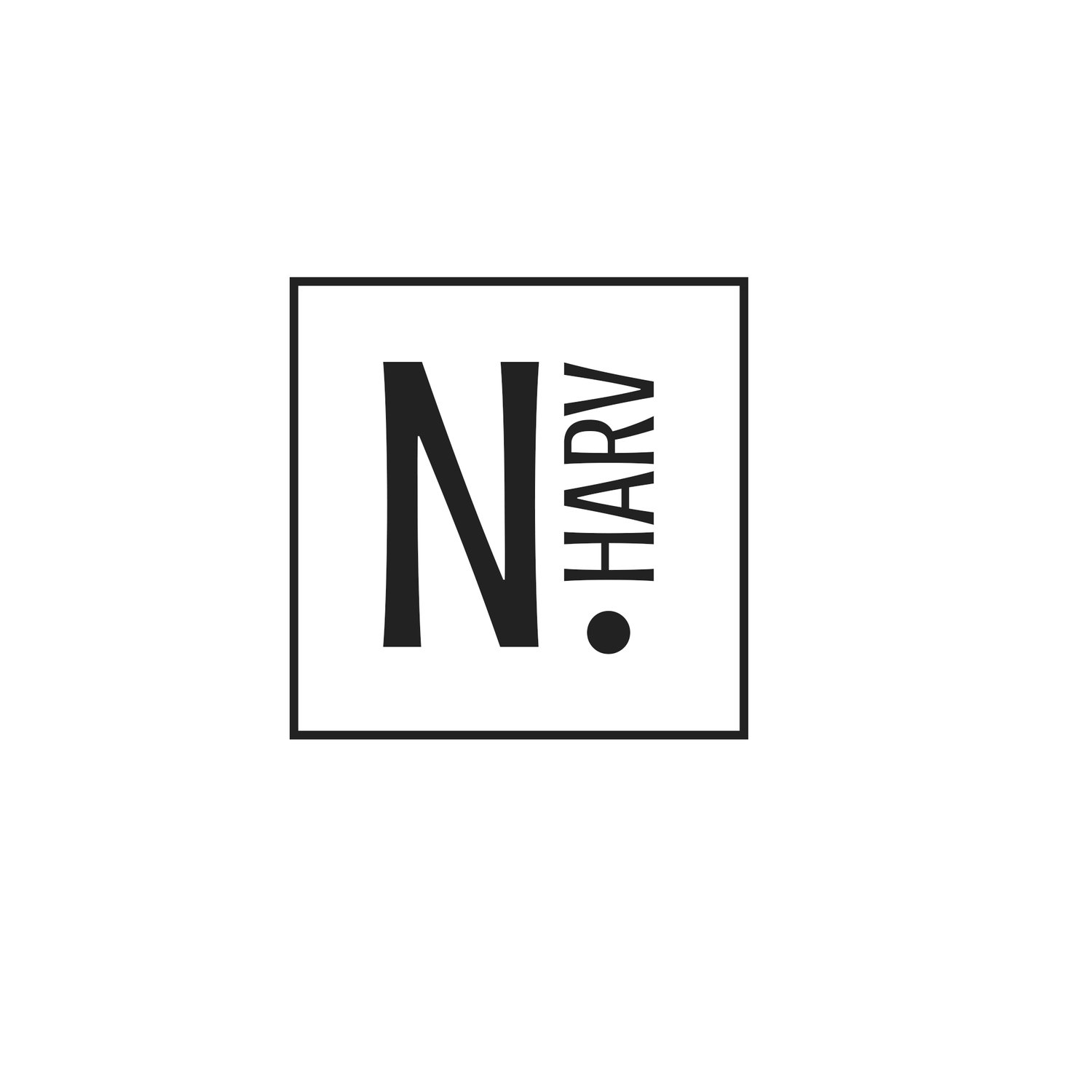A Book-Writing Hack for Educators
Today’s blog post is dedicated to educators, specifically teachers. But before we get into it, let me say, “Happy Back-to-School Season!” This is an exciting time for teachers because we typically have a fresh boost of energy to carry us through the rest of the year. Some of us even have the motivation needed to follow through on our goals…like writing a book.
I have a book-writing hack for teachers who would like to write a nonfiction book: Do not start from scratch. Start from experience.
What I mean by that is, start writing your book from your professional experience. Teachers, if you’ve been teaching the same subject for at least five years, it’s safe to say you’re pretty well-learned in your subject matter and have worked on researching and refining it over the years. That said, I imagine you want to take your impact outside of the classroom. Writing a book will help you be more impactful and reach more students because you are packaging your expertise into a product that can be shared globally, let alone school-wide.
“But how do I start,” you ask?
Well, think about your subject matter as a whole and pick a topic within the subject/discipline/major for which you can provide a solution. For example, if you’re an English teacher like me (I “retired” from the classroom in 2023, but I still teach), then writing a book about the entire academic discipline of English will be overwhelming. It also wouldn’t give people any specific concept to focus on. To avoid this ambiguity, I want you to pick a topic with your subject matter and create a framework.
A framework, simply put, is a list of steps to achieve a goal or reach a solution. So, when you’re writing a nonfiction book, your framework can double as your book outline, or even your chapter outline. The framework is the hack.
When I was in the classroom as an English teacher, I wanted to write a book for my students, so I decided to start with the foundation of the English language--grammar–and chose punctuation as my approach. While punctuation is not grammar, it's in the category of the mechanics of writing, which falls under the umbrella of grammar. My sixth book, Look Better In Writing: A Quick & Easy Guide to Punctuation, focused on punctuation in order to build writer confidence and competence. My framework was all 14 punctuation marks and in every chapter, I introduced a different punctuation mark and shared why and how we should use them. This was/is a rare example of a framework as they typically have five to seven steps and a few other characteristics.
For example, if you’re a math teacher, you can simply talk about the steps of writing an algebraic expression. No matter the topic, the goal is to break it down in a way that help readers easily find a solution for said topic. This illustration of intellectual property helps to establish your credibility in your industry. Why? Because while teachers are leaders, a book will help you go from a school leader to a thought leader. NOTE: I believe teachers are leaders because we speak in front of students almost every day, build up their self-esteem, and more. We build future leaders by educating them on what they need to be successful in grade school, high school, college and beyond. I imagine you want to not only be a leader in your school or in your classroom, but you want to be a leader in your industry. School leadership is great. It’s something to aspire to. There’s nothing wrong with it. But imagine being a leader in your industry and an authority in your field. And as my coach puts it, “You can’t spell ‘authority’ without the word ‘author.’
Take your leadership to the level. Write a thought leadership book to expand your influence.
You’ve invested in student loans.
You’ve invested in certificate programs.
You’ve invested in teacher education programs.
You’ve spent the money, time, and sweat equity to master your subject matter, so why not shorten the learning curve for someone else?! Teachers, this is how you can give back! I encourage you to add ‘author’ to your resume with your very own book. And your book does not have to be one million pages. It can be concise. But more importantly, it will be yours–a book you can share with the world.
P.S. I created a digital resource, Book-fluence: How to Write a Book to Position Yourself as a Leader in Your Book, to help guide educators in creating a framework and writing a thought leadership book. This 50-page digital workbook will be available immediately after downloading.
Until the next blog,
Nailah

